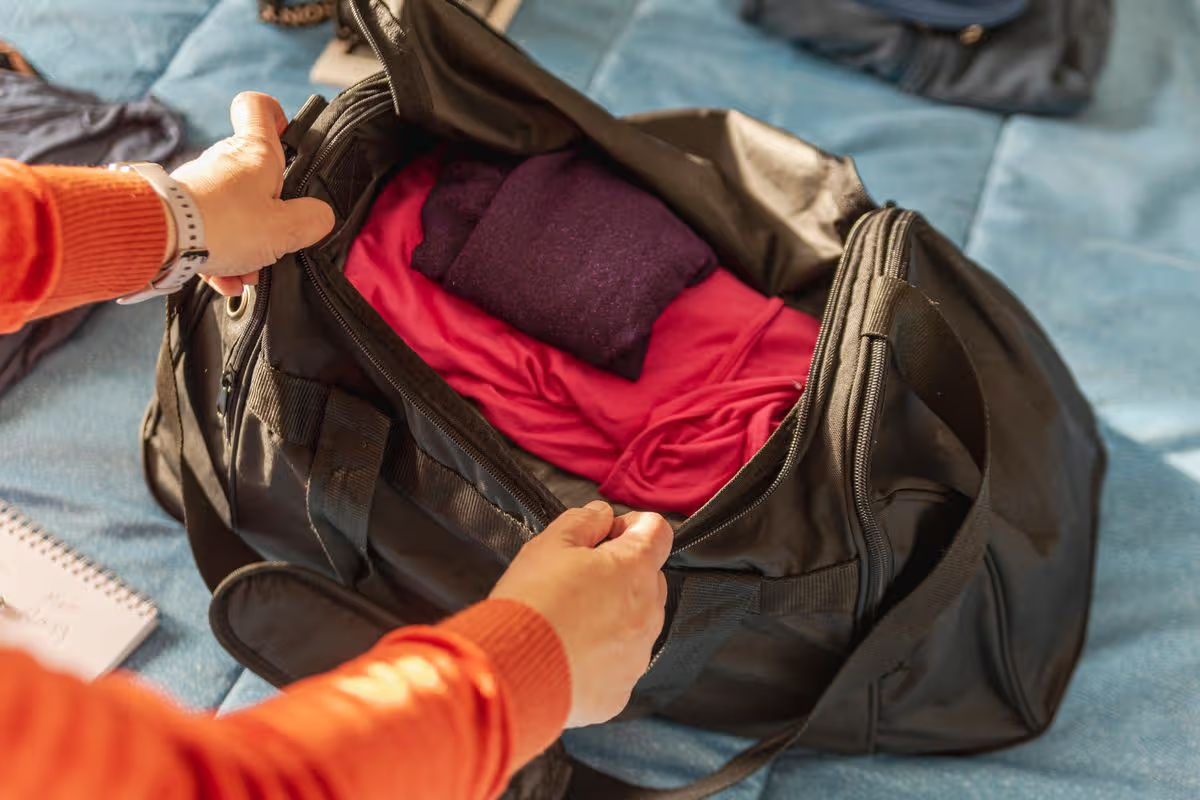Travel expert Ash Bhardwaj said people who are still in the country should ‘prepare’
People affected by the Middle East conflict have been urged to gather a few essential items and keep them “ready to go” amid the ongoing war in Iran. Having these on hand will make sudden changes a lot less scary and chaotic, an expert has claimed.
Speaking on a recent episode of BBC Morning Live, travel expert Ash Bhardwaj said: “One of the best things you can always do is just make sure you have a grab bag. So, if you have to move quickly, you’ve got your essentials with you.”
Although it may look different for everyone, some things will likely be part of anyone’s emergency bag. Ash suggested that packing a ‘grab bag’ in advance could help during any panic that might set in during an emergency.
He said: “[That includes things like] passports, essential medicines and maybe any documents for travel insurance if you’ve got them printed out. If you’ve got kids, a change of underwear, a couple of t-shirts and some snacks.
“If you’ve got babies, and you’re no longer breastfeeding but still feeding them with formula or milk, get enough for 48 to 72 hours. This isn’t to scare you, it’s just so that you have actually thought everything through and it relaxes you.”
The broadcaster said that people should prepare and “plan for when the worst might happen”. Speaking to hotel staff can help point out emergency exits, procedures, and other important safety measures.
As of March 5, 2026, the Foreign Office advises against all but essential travel to the United Arab Emirates. There are other parts of the Middle East and surrounding areas that have also been listed as completely or partially unsafe for travel – read that latest round-up here.
The current situation in Iran caused tensions to erupt last week, on February 28, when the US and Israel launched extensive strikes. Iran’s Supreme Leader, Ayatollah Ali Khamenei, who had been in power since 1989, was killed during the initial wave of attacks.
The conflict has sparked travel chaos throughout parts of the Gulf region, including Dubai. For the most recent developments, click here for updates on travel and news.
In an update from March 5, Dubai’s Emirates Airline has announced it will operate over 100 flights on March 5 and 6 from Dubai. The airline said it will “continue to gradually build back its flying schedule, subject to airspace availability and all operational requirements being met”, adding that “safety is always our top priority”.

